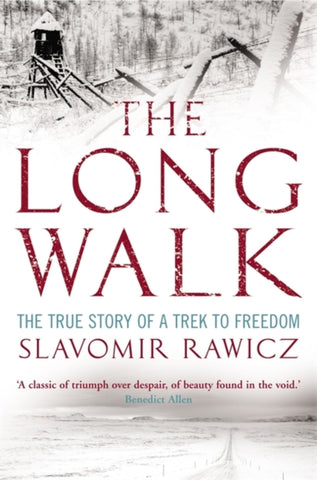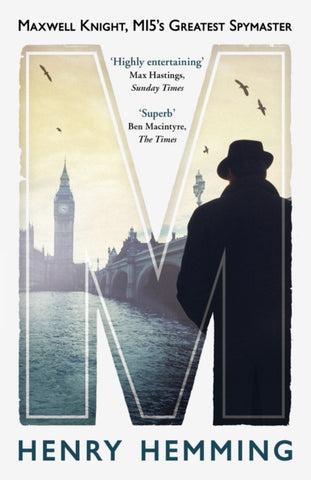
Binding: Paperback,
Date of Publication: 14/09/2023,
Pagination: 336 pages,
Series: N/A,
Imprint: Adlard Coles Nautical,
Published By: Bloomsbury Publishing PLC,
Book Classification: Second World War, 1939-1945
Dimensions: 198 x 128 x 21mm
Weight: 266g
ISBN13\EAN\SKU: 9781472987112
'An extraordinary account of heroism and sacrifice. An unexpected and important story, rivetingly told. Rip roaring stuff. Get this into the paws of the sea dog in your life.' - Griff Rhys Jones'A book that had to be written' - Let's Talk'People ashore don’t realise what a grim war we are waging at sea with the Germans. A cold-blooded war, in a way I think requiring the maximum of bravery from the men of both sides in the long run, as it is so ceaseless and intangible. You just don’t know whether the next moment will be your last.' Robert Hichens, RNVSR Several years ago, Julia Jones was searching through long-forgotten items stored at her house and discovered some suitcases of old written material, which turned out to be accounts by her father of his experiences in the RNVSR (Royal Naval Volunteer Supplementary Reserve). She realised that as a child she’d met some of the people mentioned, and although she was too young to truly know them, these youthful impressions spurred her on to rediscovery and understanding. In this absorbing book Julia tells the compelling stories of the yachtsmen. Some were famous (such as Sir Peter Scott), others were wealthy (such as August Courtauld, who returned his pay to help with the war effort) but the majority were just 'ordinary' professionals such as publishers, lawyers and advertising agents, who signed up because they loved sailing. Few could ever have dreamed that they would end up acting in areas that were so far beyond their normal lives, as they found themselves commanding destroyers and submarines, and undertaking covert missions of sabotage. Some undertook the dangerous daily drudgery of minesweeping; others tackled unexploded bombs, engaged the enemy in high-speed attacks or played key roles in Ian Fleming's famous intelligence commandos. This varied crew of men were given tasks vital to the war effort, requiring endurance, extraordinary bravery, resourcefulness and quick thinking. Some died in the process, but for the ones who survived, Julia asks how their experiences changed them. Could their love of sailing and the sea survive the harsh realities of war




